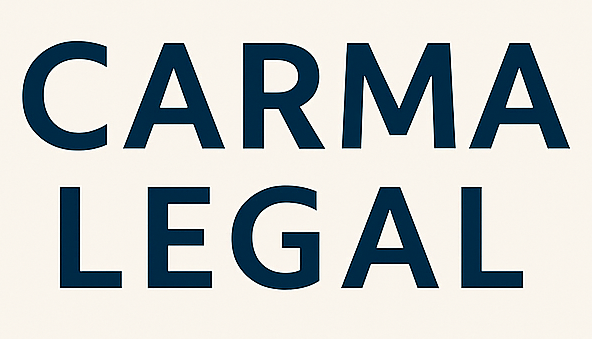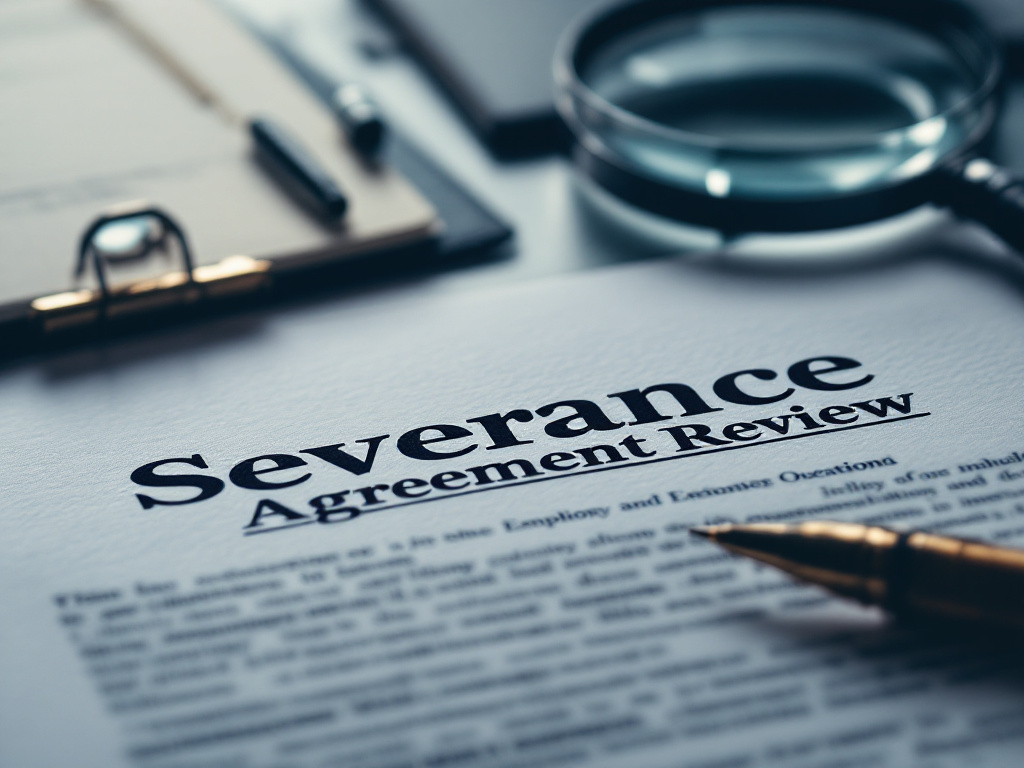You suffered a side-impact crash and you need an experienced t-bone collision attorney to protect your rights and secure full compensation. A T-bone collision, also called a right-angle or side-impact crash, can leave you with serious injuries, mounting medical bills, lost income, and emotional trauma. By working with a dedicated lawyer who understands the insurance maze and fault issues in these cases, you increase your chances of a fair settlement or verdict.
Understand T-bone collisions
A T-bone collision occurs when the front of one vehicle strikes the side of another at roughly a 90-degree angle. These crashes often happen at intersections—especially when a driver turns left without yielding or runs a red light—and they can involve cars, trucks, rideshares, or even large commercial vehicles.
Common causes
- Failure to yield right-of-way at traffic signals or stop signs
- Distracted driving, including cell phone use [1]
- Speeding or reckless maneuvers
- Poor visibility or inclement weather
- Defective vehicle parts triggering unexpected collisions [2]
Key statistics
- Side impacts account for about 23 percent of all car accident fatalities [3]
- Over 300,000 intersection crashes occurred in Florida in 2022, with more than 1,000 deaths [4]
- Approximately 8,000 Americans die annually in T-bone collisions [5]
Typical injuries and damages
| Occupants | Common injuries |
|---|---|
| Striking vehicle | Concussions, facial trauma from airbags, seatbelt injuries |
| Struck vehicle | Whiplash, brain injuries, neck and shoulder muscle damage |
Recognize legal challenges
A successful claim after a T-bone crash requires overcoming multiple hurdles.
Establishing fault
More than one party may share responsibility:
- The other driver who ran a signal or stop sign
- A vehicle maker if faulty brakes or airbags contributed to the crash
- A third party whose negligent act set off a chain reaction [2]
Gathering evidence
You and your attorney will need:
- Police and accident reports
- Eyewitness statements and video footage [4]
- Photos of vehicle damage and road conditions
- Medical records documenting injuries
Statute of limitations
Each state limits how long you have to file suit—often two years for personal injury. Missing that deadline can bar your recovery entirely.
Insurance complexities
Insurers may:
- Delay or deny your claim
- Dispute the severity of injuries
- Argue comparative fault to reduce your payout
Evaluate attorney benefits
Hiring a qualified lawyer early can make a critical difference in your outcome.
Maximizing compensation
A skilled T-bone collision attorney:
- Knows how to calculate current and future medical expenses, lost wages, pain and suffering, and other damages
- Uses expert witnesses—accident reconstructionists, medical specialists—to prove your case
- Negotiates aggressively with insurance adjusters
Handling claims and negotiations
Your lawyer will:
- Communicate with insurers on your behalf
- File all necessary paperwork and adhere to deadlines
- Review settlement offers and advise you when to pursue litigation
Providing trial support
If negotiations stall, your attorney is prepared to:
- Initiate a lawsuit
- Conduct depositions
- Represent you at trial before a judge or jury
Select your attorney
Not all lawyers handle side-impact collisions with equal skill.
Assessing experience
Look for counsel who:
- Focuses on motor vehicle accident and personal injury law
- Has a proven record of T-bone verdicts and settlements
- Understands the nuances of commercial vehicle and truck crashes [6]
Evaluating communication
Your attorney should:
- Listen carefully to your concerns
- Explain legal strategies and terms in clear language
- Provide regular case updates
Considering fee arrangements
Most personal injury lawyers work on contingency, meaning:
- You owe no upfront fees
- Your attorney’s payment comes from a portion of your recovery
Prepare for legal process
Strong preparation helps you and your lawyer build an airtight case.
Gathering evidence
- Secure police and crash reports promptly
- Photograph the accident scene, vehicle damage, and visible injuries
- Collect witness names and contact information
Documenting expenses
Maintain organized records of:
- Medical bills, prescriptions, rehabilitation costs
- Pay stubs and proof of lost income
- Repair estimates or vehicle total-loss valuations
Meeting procedural requirements
- File your claim before the statute of limitations expires
- Comply with discovery requests
- Attend medical examinations requested by opposing counsel
Act promptly after accident
Time is critical once you’ve been in a T-bone crash.
Urgency of hiring counsel
Engaging an attorney early ensures:
- Preservation of evidence before it disappears
- Timely collection of witness statements
- Prompt handling of insurance deadlines
Initial consultation steps
Most lawyers offer a free case review. In that meeting, be prepared to discuss:
- How the crash occurred
- Your injuries and treatment
- Insurance communications you’ve had so far
Taking early actions
- Seek immediate medical attention, even for minor symptoms
- Notify your insurance company without admitting fault
- Avoid social media discussions about the crash
Seek justice and recovery
Your goal is to secure full and fair compensation so you can focus on healing and moving forward.
Potential compensation areas
- Medical expenses, past and future
- Lost wages and diminished earning capacity
- Pain, suffering, and emotional distress
- Vehicle repair or replacement costs
- Loss of consortium or companionship
Next steps
- Contact a reputable car accident attorney experienced with side-impact collisions
- Request a free consultation to review your rights and options
- Build your case and trust your legal team to navigate the process
By choosing a dedicated T-bone collision lawyer who understands the urgency, fault issues, and insurance complexities of side-impact crashes, you position yourself for maximum recovery. Act now to protect your rights and get the justice you deserve.








